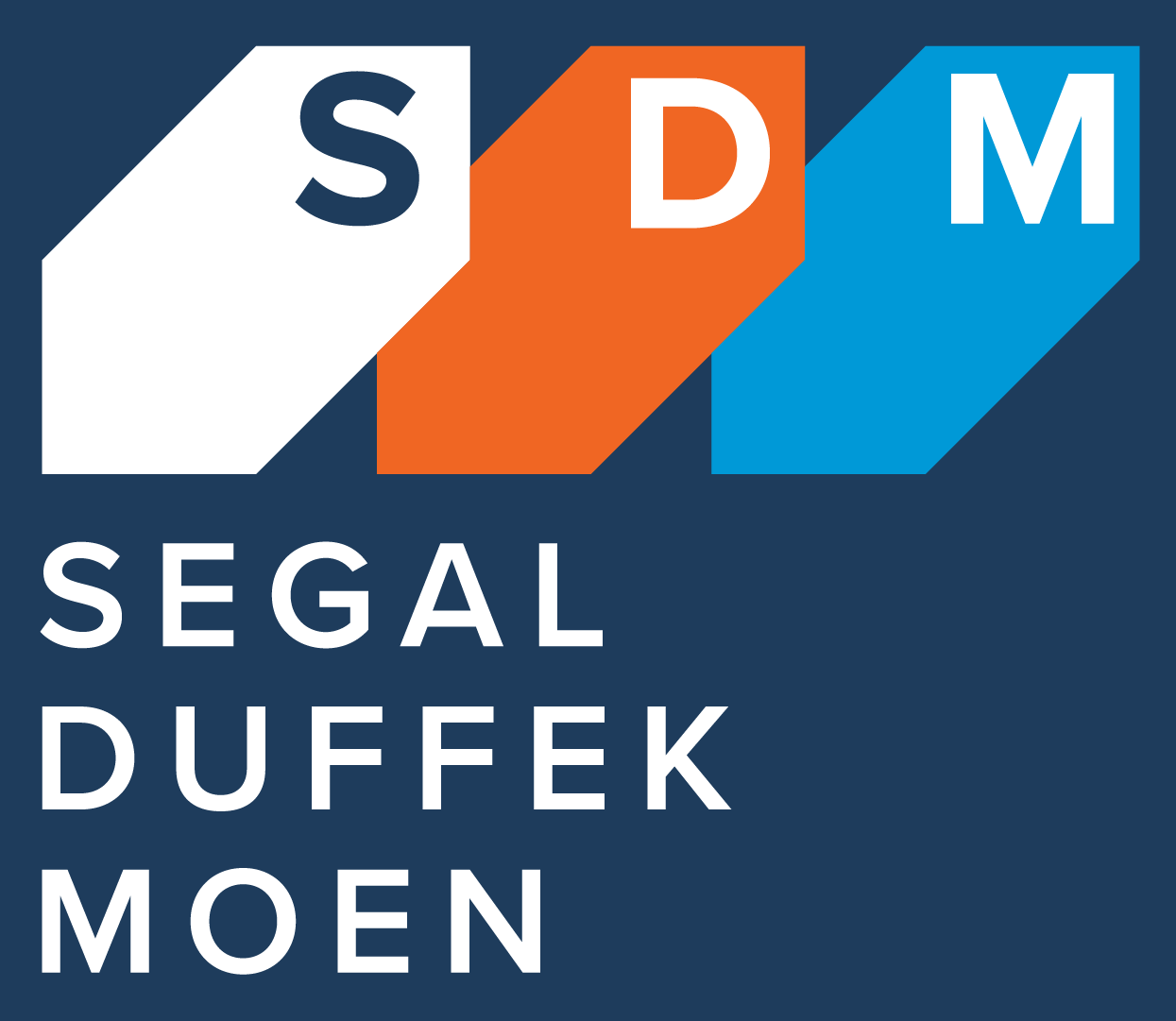Harry and June have been diligently working to find start up funds for their winery (part 1 & 2). Harry recently received an article from June about a concept called crowdfunding. While he’s open to the idea, Harry wants to explore other options before committing.
He decides to contact his local business banker to see what he thinks. From a brief conversation, Harry learns that there are several financial products available for small businesses, the most popular being the SBA loan. Harry learns that there are a few SBA loan programs; unfortunately, none of them involve free money, no-interest loans or government grants. His banker explains that the SBA offers partial guarantees which make the bank’s loan to his company less risky.
The traditional loan seems the easiest way to raise the money they need without giving up too much control of their company or being in debt to family members. But even with a traditional loan, they still need to raise about 15-25% in cash for the down payment. They will also be required to pledge collateral (i.e. winemaking equipment, accounts receivable, etc) and personal guarantees as security for the loan.
If they make a personal guarantee on a loan, Harry and June don’t want to put up their own cash for the down payment. So they still need to raise capital, and there are several options.
They could go back to Aunt Martha. After all, the dollar amount they need for a traditional loan is far less than if they asked her to fund the entire venture.
They could sell shares in their company to friends and family. Even if they gave up equity, it probably wouldn’t be a controlling interest. Or, they could create two classes of shares, and sell only the financial rights in their company. This would allow investors to share in any profits, but keep the governance rights (and control) with Harry and June.
Or maybe a convertible loan would be more attractive to the right investor? With a convertible loan, the lender has an option to convert all or a portion of the outstanding principal of the loan into equity in the company. This reduces the risk of loss to an investor in a start-up company, while giving them the future upside of an equity interest if the company is successful down the road.
If Harry and June really wanted to do it themselves without risking their own cash, maybe they could explore financing through a self direct retirement IRA. Harry heard at a business conference that he may be able to utilize the cash in his retirement account to invest in his new business, and realize significant – tax free – gains if the business succeeds. He remembered the presenter cautioning that there are strict IRS regulations around the use of self directed retirement funds, so he’ll need to talk to an expert to learn more about this concept.
With so many options, Harry and June decide it’s time to contact their team of advisers. June calls the CPA. Harry calls the attorney. The team will meet next week to discuss options and make some decisions.
If you were Harry and June, what financing option(s) would you choose?

